
Scam Alert: Toll-Road Money Due Scam – U.S./Canada
Beware of Messages, Texts, and Phone Calls Claiming You Owe Toll-Road Fines!
How Scams Work – A SCARS Insight
Author:
• SCARS Editorial Team – Society of Citizens Against Relationship Scams Inc.
Article Abstract
Scammers are targeting travelers in the United States and Canada. They are employing a new toll-road money-due scam, reaching victims via phone calls, messages, and texts, all in an effort to extract money for fake fines and tolls. These scams typically involve false notifications claiming recipients owe money for unpaid tolls, often accompanied by urgent language and threats of legal repercussions.
Victims are then directed to make payments through specific methods, such as wire transfers or prepaid gift or debit cards, to resolve the supposed debt. The scam may also include fake documentation and an absence of the ability to verify, making it challenging for victims to discern the legitimacy of the communication.
According to the FBI, there has been a surge in complaints related to fraudulent texts representing toll collection services, with over 2,000 reports since early March 2024.
To avoid falling victim to these scams, individuals are advised to verify the source of any communications, question unsolicited messages demanding immediate payment, refrain from providing personal information, and report any suspicious activity to relevant authorities. By remaining vigilant and exercising caution, individuals can protect themselves from financial losses and other adverse consequences associated with toll-road money due scams.

People Across the United States and Canada are being Scammed with Toll-Road Money Due Scam – by Phone, Message, and Text Scammers are Trying to Collect Money for Fake Fines and Tolls
A toll-road money-due scam involves fraudsters attempting to deceive individuals into paying fake fines or fees related to alleged violations on toll roads.
The texts or messages, or even phone calls claim the recipient owes money for unpaid tolls and contain almost identical language. The “outstanding toll amount” is similar to the complaints reported to the FBI. However, the link provided within the text is created to impersonate the state’s toll service name, and phone numbers appear to change between states.
Example Toll-Road Money Due Scam Message
(State Toll Service Name): We’ve noticed an outstanding toll amount of $12.51 on your record. To avoid a late fee of $50.00, visit https://myturnpiketollservices.com to settle your balance.
Here’s how the scam typically unfolds:
- False Notification: Victims receive communication, often via email, text message, or phone call, claiming to be from a toll road authority or a collection agency representing them. The message informs the recipient that they owe money due to a violation, such as failing to pay a toll or exceeding the speed limit on a toll road.
- Urgency and Threats: The communication usually emphasizes urgency and may include threats of legal action, license suspension, or increased fines if the alleged debt is not paid promptly. Scammers rely on intimidation tactics to pressure victims into immediate action without questioning the validity of the claims.
- Payment Request: Victims are instructed to make payments through specific methods, such as wire transfers, prepaid gift or debit cards, or cryptocurrency, to resolve the supposed debt. Scammers often provide instructions for making payments that are difficult to trace or reverse, making it easier for them to evade detection.
- Fake Documentation: In some cases, scammers may provide fake documentation, such as official-looking notices or invoices, to lend credibility to their claims. However, these documents are typically forged or misleading and do not represent legitimate fines or fees owed to toll road authorities.
- Absence of Verification: Victims may find it challenging to verify the legitimacy of the communication, especially if they are unfamiliar with the toll road in question or if the scammer provides convincing-sounding details. Often, toll fees and fines can only be seen on a specific authority website. However, legitimate toll road authorities typically have established procedures for handling violations and do not resort to aggressive or deceptive tactics to collect payment.
According to the FBI
The FBI has issued a warning about fraudulent text messages attempting to scam toll road and bridge users.
Since early-March 2024, the FBI Internet Crime Complaint Center (IC3) has received over 2,000 complaints reporting fake texts/smishing texts representing road toll collection service from at least three states. IC3 complaint information indicates the scam may be moving from state-to-state.
If you’re road tripping as the weather gets nice there’s a chance you’ll pass a toll if you’re heading somewhere far. And in this case, you could become a target for this latest scam.
Here’s what the Toll-Road Money Due Scam/fraud looks like:
You get a text that says you owe money for unpaid tolls. They may ask you for sensitive data, and credit card information.
“It goes on and says if you don’t pay now, there will be additional penalties. They want you to respond back or click on the link and not really think about it too much and make that payment. Then there’s a payment link at the bottom and that payment link is a website that closely resembles the toll authority but it’s obviously not the real toll authority,” said Toby Braun, managing partner of American Special Investigative Group.
If you Receive One of these Texts, Messages, or Calls
The following is suggested:
- File a complaint with the IC3, www.ic3.gov, be sure to include:
- The phone number from where the text or message or phone call originated.
- The website link listed within the text
- Check your own account using the toll service’s legitimate website, or contact the toll service’s customer service phone number.
- Delete any fake/smishing texts received.
- If you clicked any link or provided your information, make efforts to secure your personal information and financial accounts – change logins and passwords immediately. Dispute any unfamiliar charges.
Avoiding these Scams
To avoid falling victim to toll-road money due scams, individuals should:
- Next answer unknown phone numbers!
- Verify the Source: Contact the toll road authority directly using official contact information obtained from their website or official correspondence to confirm the validity of any notices or claims received, or search Google for the official website.
- Question Unsolicited Communications: Be cautious of unsolicited communications demanding immediate payment and threatening consequences for non-compliance. Legitimate authorities usually provide multiple opportunities for individuals to address violations before escalating enforcement actions.
- Do Not Provide Personal Information: Avoid sharing sensitive personal or financial information, such as Social Security numbers or credit card details, in response to unsolicited requests, especially if they come from unfamiliar or suspicious sources.
- Report Suspicious Activity: Report any suspected scams or fraudulent communications to relevant authorities, such as the FBI, Federal Trade Commission (FTC), local law enforcement agencies, or consumer protection agencies, to help prevent others from falling victim to similar schemes. See reporting.AgainstScams.org for more information on reporting.
By staying vigilant and exercising caution when dealing with requests for payment related to toll roads, individuals can protect themselves from falling prey to toll-road money due scams and avoid financial losses and other adverse consequences.
Important Information for New Scam Victims
- Visit www.ScamVictimsSupport.org – a SCARS Website for New Scam Victims
More Text & Message Scams:
- Robocalls and Text Scams – How To Stop Them – A SCARS Guide (romancescamsnow.com)
- “Hello” Text Message Scams (romancescamsnow.com)
- Venmo Text Scam (romancescamsnow.com)
- Identify and Stop Scam/Spam Text Messages (romancescamsnow.com)
- Text Message Scam Warning (romancescamsnow.com)
- FluBot: Package Delivery Text Message Shipping Scam (romancescamsnow.com)
- Don’t Click Links In Unknown Text Messages! Ever! (romancescamsnow.com)
SCARS Resources:
- Getting Started Right: ScamVictimsSupport.org
- Sextortion Scam Victims: Sextortion Victims Support – The Essentials (scamvictimssupport.org)
- For New Victims of Relationship Scams newvictim.AgainstScams.org
- Subscribe to SCARS Newsletter newsletter.againstscams.org
- Sign up for SCARS professional support & recovery groups, visit support.AgainstScams.org
- Join our Scam Survivors United Chat & Discussion Group facebook.com/groups/scam.survivors.united
- Find competent trauma counselors or therapists, visit counseling.AgainstScams.org
- Become a SCARS Member and get free counseling benefits, visit membership.AgainstScams.org
- Report each and every crime, learn how to at reporting.AgainstScams.org
- Learn more about Scams & Scammers at RomanceScamsNOW.com and ScamsNOW.com
- Scammer photos ScammerPhotos.com
- SCARS Videos youtube.AgainstScams.org
- Self-Help Books for Scam Victims are at shop.AgainstScams.org
- Donate to SCARS and help us help others at donate.AgainstScams.org
- Worldwide Crisis Hotlines: https://blog.opencounseling.com/suicide-hotlines/
Other Cyber Resources
- Block Scam Domains: Quad9.net
- Global Cyber Alliance ACT Cybersecurity Tool Website: Actionable Cybersecurity Tools (ACT) (globalcyberalliance.org) https://act.globalcyberalliance.org/index.php/Actionable_Cybersecurity_Tools_(ACT)_-_Simplified_Cybersecurity_Protection
-/ 30 /-
What do you think about this?
Please share your thoughts in a comment below!
Do You Need Support?
Get It Now!
SCARS provides the leading Support & Recovery program for relationship scam victims – completely FREE!
Our managed peer support groups allow victims to talk to other survivors and recover in the most experienced environment possible, for as long as they need. Recovery takes as long as it takes – we put no limits on our support!
SCARS is the most trusted support & education provider in the world. Our team is certified in trauma-informed care, grief counseling, and so much more!
To apply to join our groups visit support.AgainstScams.org
We also offer separate support groups for family & friends too.
Become a
SCARS STAR™ Member
SCARS offers memberships in our STAR program, which includes many benefits for a very low annual membership fee!
SCARS STAR Membership benefits include:
- FREE Counseling or Therapy Benefit from our partner BetterHelp.com
- Exclusive members-only content & publications
- Discounts on SCARS Self-Help Books Save
- And more!
To learn more about the SCARS STAR Membership visit membership.AgainstScams.org
To become a SCARS STAR Member right now visit join.AgainstScams.org
To Learn More Also Look At Our Article Catalogs
Scam & Crime Types
More SCARS
- ScamsNOW Magazine – ScamsNOW.com
- ContraEstafas.org
- ScammerPhotos.com
- AnyScam.com – reporting
- AgainstScams.org – SCARS Corporate Website
- SCARS YouTube Video Channel


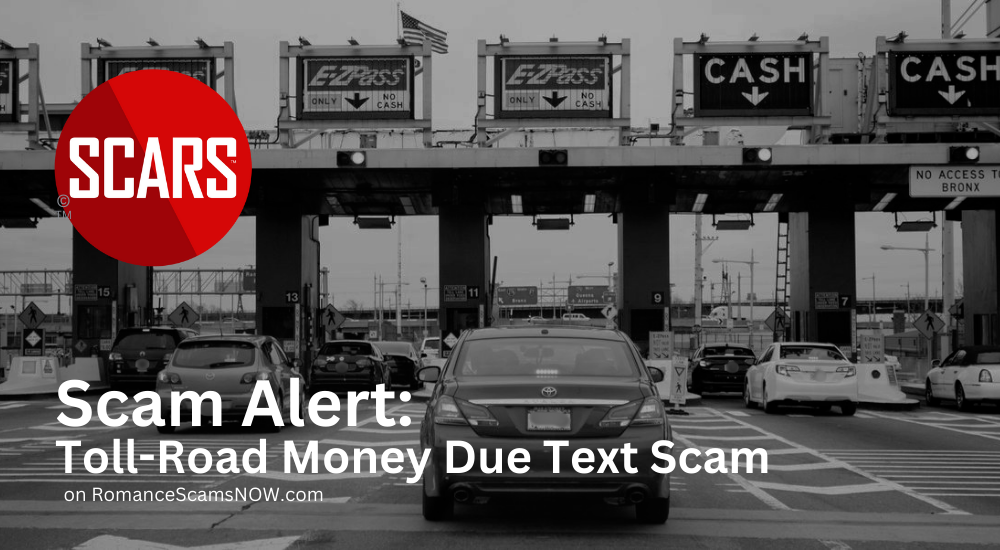
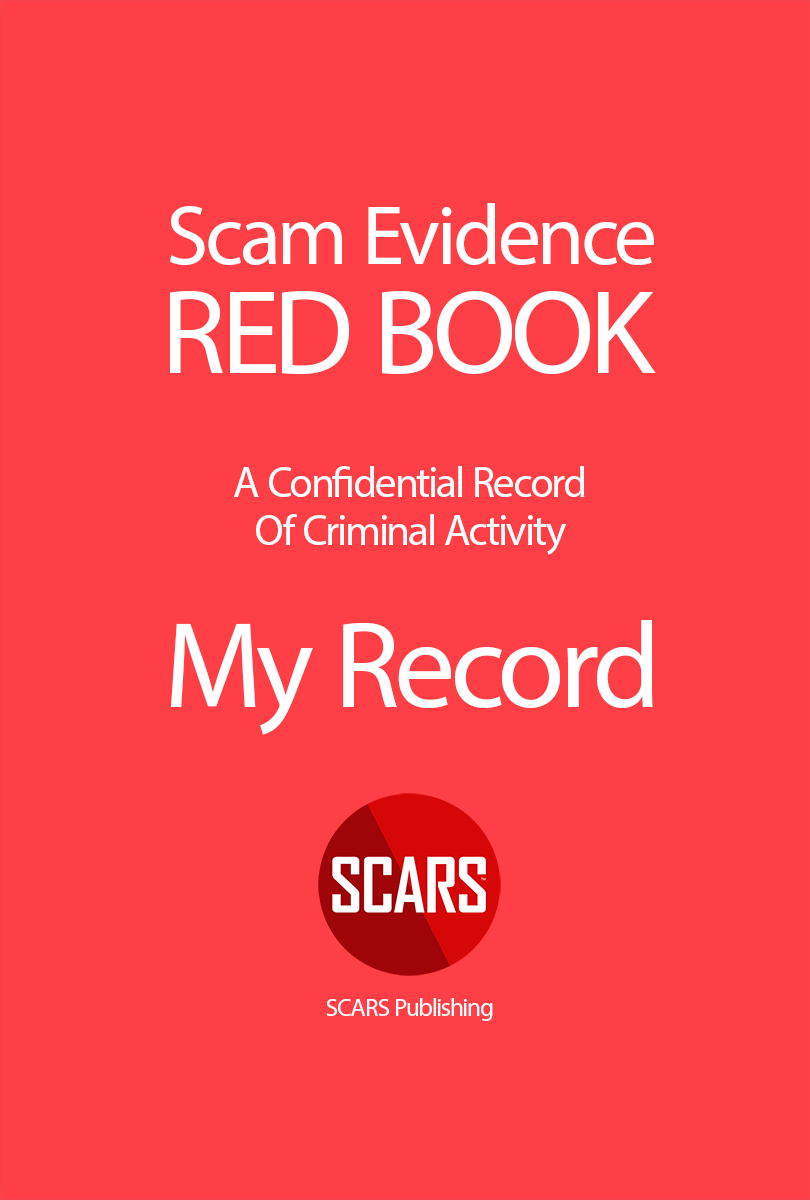
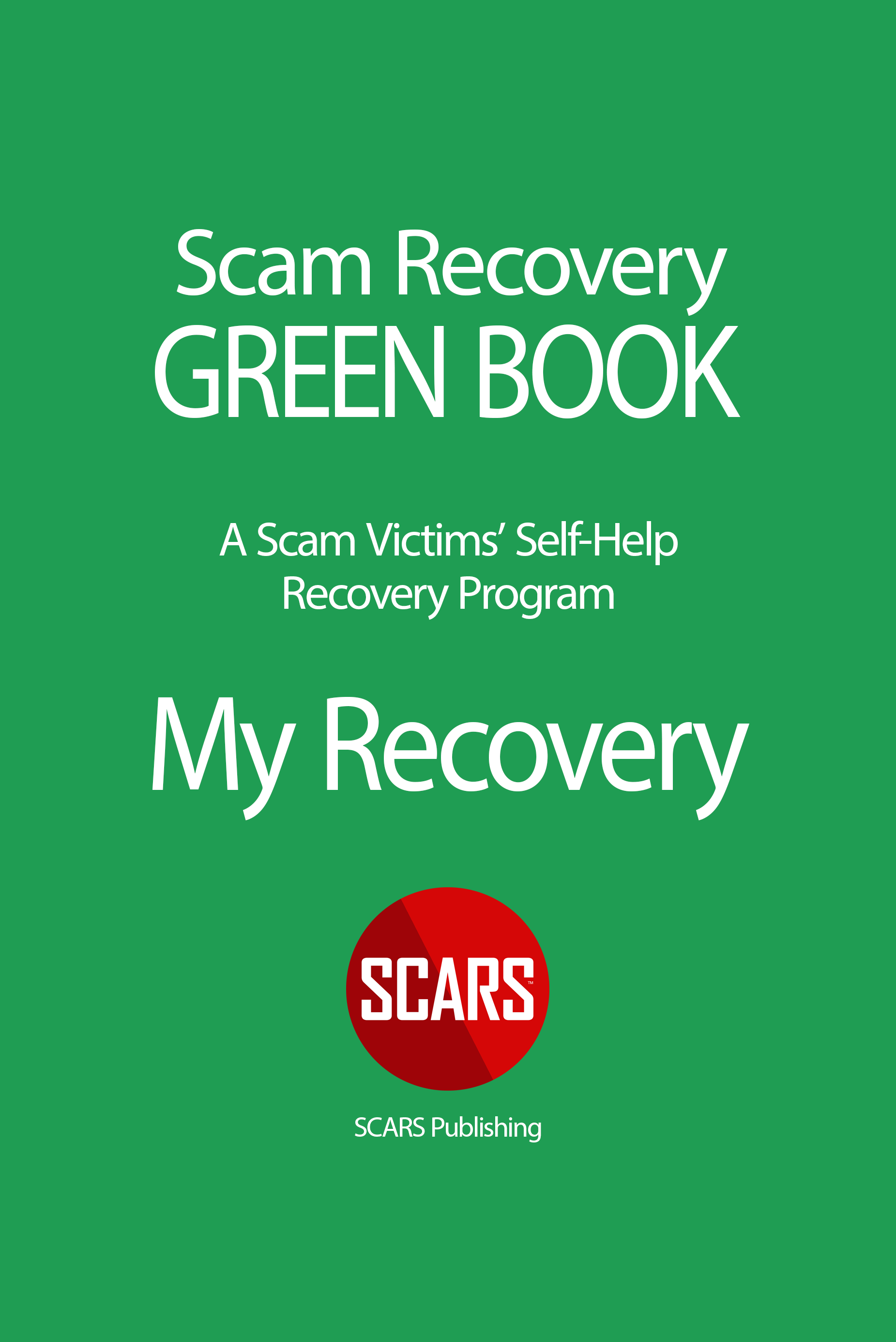





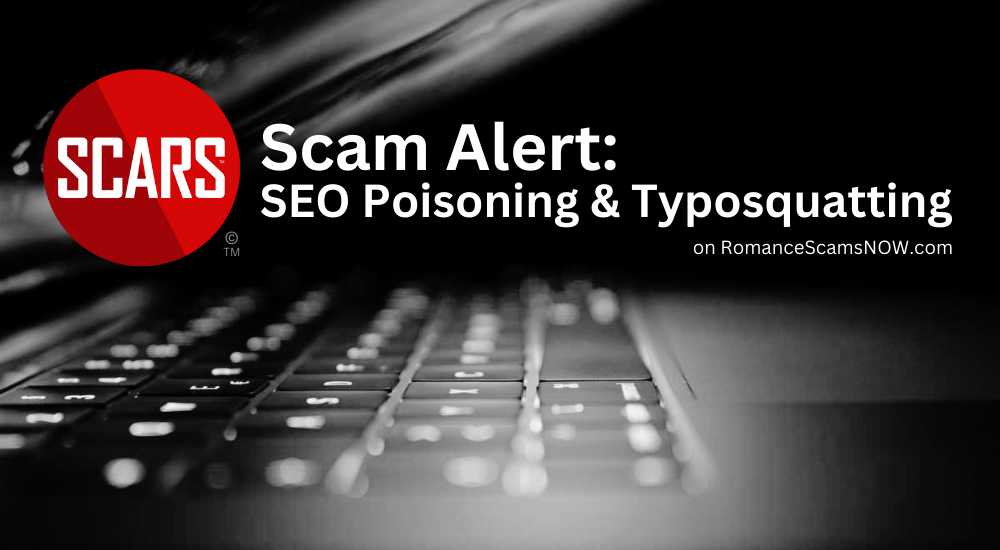
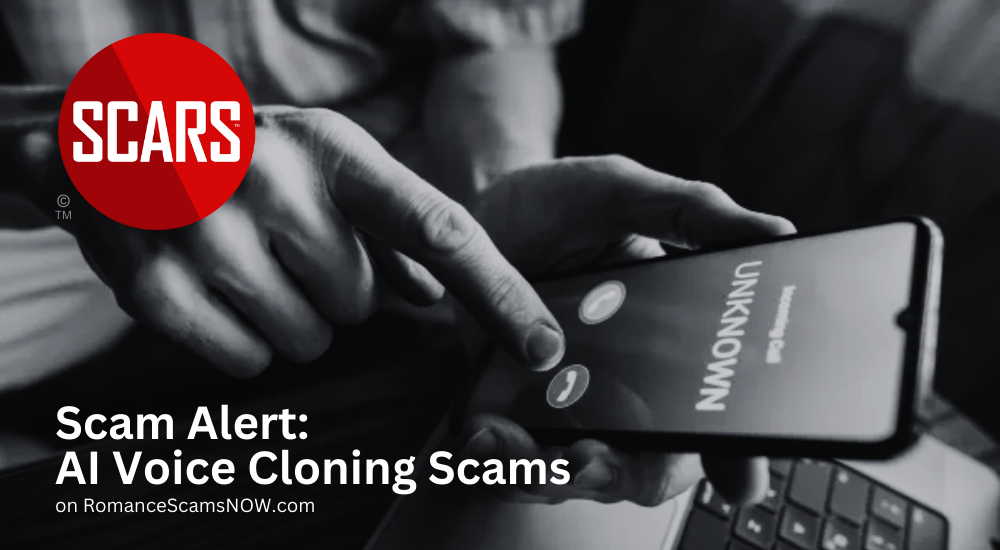


Please Leave A Comment - Tell Us What You Think About This!